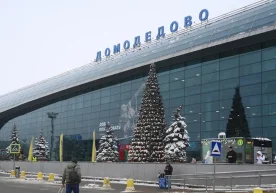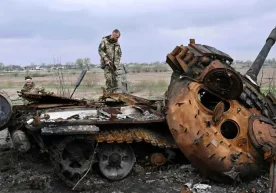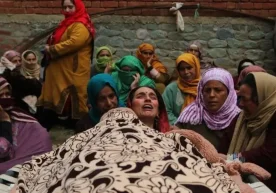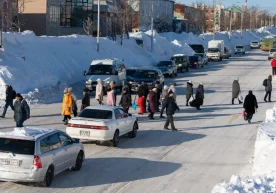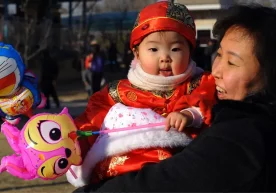Military Coup in Madagascar: President Flees, Power Seized by Army
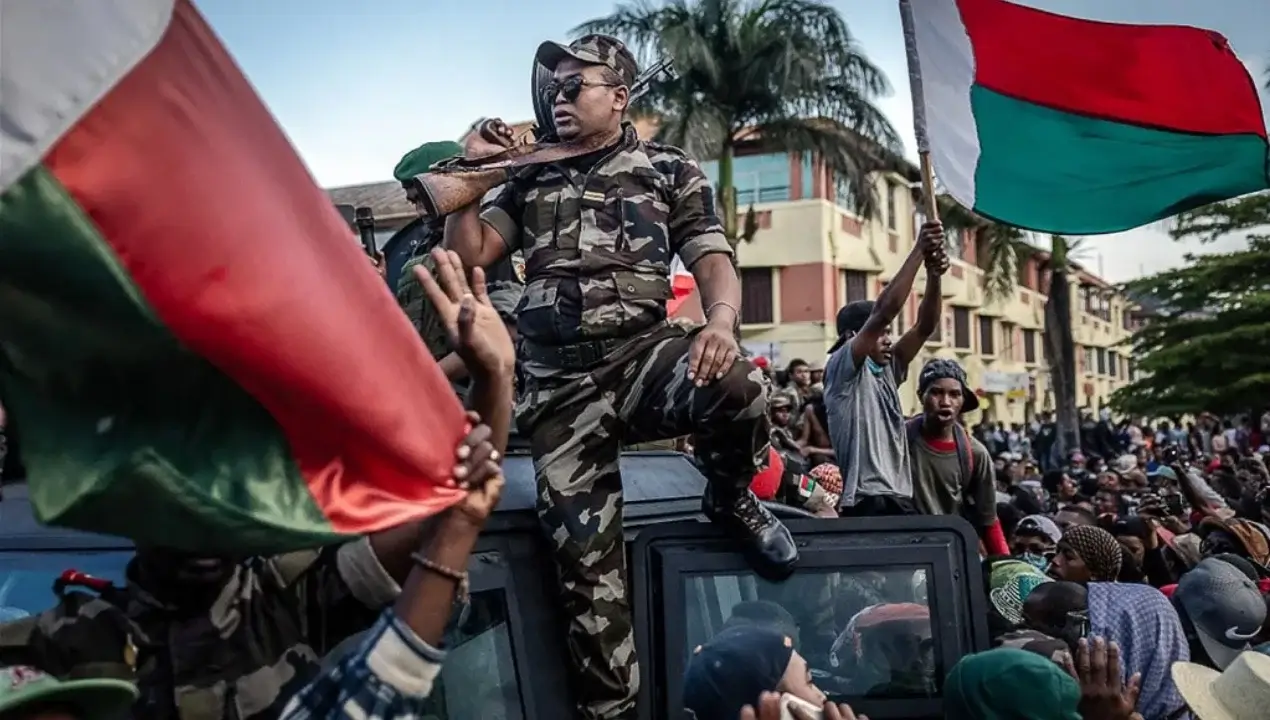
In Madagascar, after more than three weeks of mass protests, a political upheaval has culminated in a full-scale military coup. President Andry Rajoelina has fled the country, and power has now shifted into the hands of the armed forces.
On October 14, the head of the elite military unit CAPSAT, Colonel Michael Randrianirina, appeared on national television announcing, “We have taken control of the government.” According to him, the military has temporarily suspended the operations of most state institutions, including the Senate, Constitutional Court, and the Election Commission.
Meanwhile, the lower house of Parliament — the National Assembly — continues its work. Interestingly, just minutes before the military announcement, lawmakers had voted to impeach President Rajoelina. However, the legality of this decision is questionable since the president had earlier issued a decree dissolving Parliament.
Rajoelina left the country on Monday, citing threats to his life. In his address to the nation, he said he was “in a safe location” and vowed not to allow “the destruction of Madagascar.” His exact whereabouts remain unknown. According to Reuters, the president was evacuated aboard a French military aircraft with the approval of French President Emmanuel Macron.
France, Madagascar’s former colonial ruler, granted independence to the island in 1960. Commenting on the situation, Macron said, “France understands the grievances of the youth, but the military must not exploit this situation for political gain.” He also emphasized that Paris does not intend to interfere directly in the country’s internal affairs.
The protests in Madagascar began on September 25, initially sparked by chronic power outages and water shortages. However, the demonstrations quickly evolved into political protests demanding the resignation of the government and the president.
Earlier, Rajoelina had dismissed the government and expressed readiness for dialogue with demonstrators. He even promised to resign voluntarily if the power cuts in the capital Antananarivo were not resolved within a month. Yet, these steps failed to calm public anger.
According to the United Nations, attempts to disperse the protests by force resulted in the deaths of 22 people, while official reports confirmed only 12 fatalities.
The situation escalated dramatically when the CAPSAT elite unit sided with the protesters. The special forces announced they would no longer follow government orders and called on other branches of the military to do the same. Notably, the same CAPSAT unit had helped bring Rajoelina to power during the 2008 coup.
Today, Madagascar remains one of the poorest countries in the world. Roughly three-quarters of its population live below the poverty line, with an average annual income of about $600.
International observers suggest that the recent unrest in Madagascar was inspired by youth-led protests in Nepal, Morocco, and Indonesia, known collectively as the “Generation Z Protests.” These movements, often driven by unemployment and restrictions on social media, share a common slogan: “Justice and equal opportunity.”
In Madagascar’s case, the protests underscore not only deep economic hardship but also a growing demand for political reform and accountability.
Read “Zamin” on Telegram!















